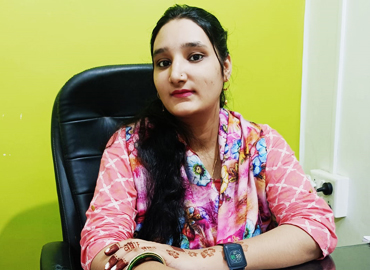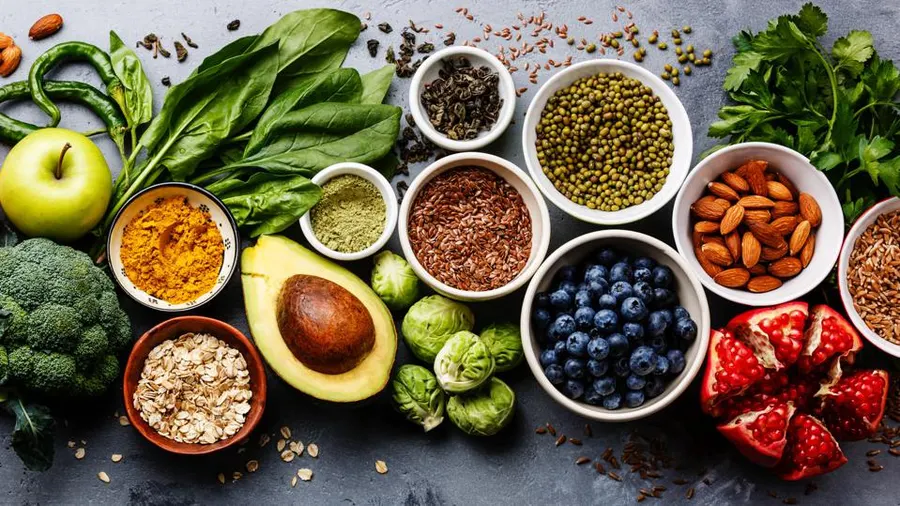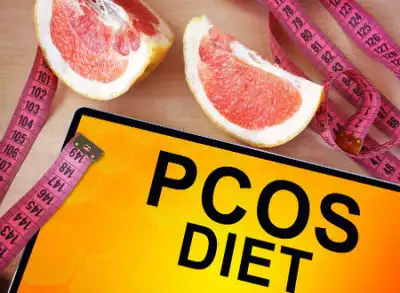You must know the importance of diet plan for diabetes
Your blood glucose or blood sugar levels are too high if you have diabetes. You get glucose from the food you eat. Your body's cells require glucose as an energy source. Insulin is a hormone that facilitates the uptake of glucose into your cells.
Your body is unable to produce insulin if you have type 1 diabetes. Diabetes type 2 is characterised by impaired insulin synthesis and utilisation. High levels of glucose in the blood are the result of glucose building up in the blood without enough insulin.
When the levels of glucose in your blood are above normal but not sufficiently elevated to be classified as diabetes, it is referred to as prediabetes. You have a higher chance of developing type 2 diabetes if you have prediabetes.
According to diabetes Dietitian Rukhsana Azhar from Deit4u Wellness Clinic, belly fat is a risk
One of the biggest risk factors for type 2 diabetes is being overweight or obese. But if you tend to distribute your weight more around your abdomen than your hips and thighs, you run a higher risk. Abdominal fat and the liver are encircled by a large amount of belly fat, which is strongly associated with insulin resistance. The following factors put you at a higher risk of getting diabetes:
· A female who measures at least 35 inches around her waist
· A man whose waist circumference measures at least forty inches
Calories derived from fructose, which is present in processed foods like granola bars, cereal, soda, powder, and sports drinks, and muffins, are more likely to cause weight gain around the abdomen. Reducing your intake of sugar-filled foods can help you lose weight and reduce your chance of developing diabetes.
Organising a diet for diabetes
It's not necessary to follow a complicated diabetic diet plan or give up all of your favourite foods. Sorting through the myths and facts regarding what to eat to prevent or manage diabetes is the first step towards making more informed decisions.
What impact do the meals I eat have on my blood sugar levels?
Your blood contains glucose, which is derived from specific foods referred to as carbohydrates, or "carbs." Carbohydrate-rich foods include sodas, breads, tortillas, sweets, and white rice. You will have a higher blood glucose level the more carbohydrates you eat.
Choosing the right foods is crucial to maintaining your blood glucose at a healthy level whether you suffer from type 1/type 2 diabetes. Maintaining blood glucose control reduces the risk of developing major health complications from diabetes, including heart and vision issues.
Additionally, if you are at risk for diabetes or have prediabetes, eating foods that maintain healthy blood glucose levels may help ward off type 2 diabetes in the future.
What is the diabetic diet that works best?
Your dietary requirements are almost the same as those of the rest of the population, so no particular foods are required whether you're attempting to prevent or manage diabetes. However, you do need to be mindful of some of the foods you eat, particularly the carbohydrates. Although a heart-healthy diet, such as the Mediterranean diet, can help, losing a little weight is the most crucial thing you can do.
It is possible to reduce blood pressure, cholesterol, and blood sugar by losing as little as five to ten percent of your total weight. Your mood, energy level, and general sense of well-being can all be significantly improved by eating healthier and losing weight.
Diabetes increases a person's risk of cardiovascular disease by almost double and increases their risk of mental health issues like depression.
However, the majority of type 2 diabetes cases are avoidable, and some may be turned around. It's still possible to make healthy changes even if you already have diabetes. You can manage your symptoms by following a healthier diet, increasing your physical activity, and decreasing your weight. Eating a delicious, well-rounded diet that can additionally boost your level of energy and elevate your mood is all that is required to avoid or control diabetes.
Everybody responds differently to different diets and meal plans. A diabetes educator or registered dietician (RD) can help you create the ideal eating plan, so your healthcare provider might suggest seeing one of these professionals. The schedule will take into account:
· Anything you take as a medication
· You weight
· What other medical conditions do you have?
· Your preferences and way of living
· Your Objectives
There are certain commonalities among all diabetic eating plans, such as consuming the appropriate foods in the appropriate amounts at the appropriate times.
What kind of food is best for someone with diabetes?
Eating a range of healthful foods from every category of food is part of eating the right meals for diabetes:
· Vegetables and fruits
· Whole grains: oats, brown rice, grains such as barley quinoa, and whole wheat
· Lean meats, poultry, turkey, fish, eggs, lentils, legumes, beans, and tofu are examples of foods high in protein.
· Dairy products without or with low fat, like cheese, yoghurt, and milk
Other details based on diabetic diet consultation in Bangalore
Eating the recommended amount of food each day is crucial if you have diabetes. To ensure you consume the appropriate amount of carbohydrates at each meal and snack, your dietary regimen will specify how much to eat. You'll discover how to measure and count your carbohydrates.
Timely dietary consumption is also essential. Planning regular, well-balanced meals will help you prevent levels of blood sugar that are too elevated or low for you. Having roughly the same quantity of carbohydrates at every meal can be beneficial.
You will learn how to follow your eating plan when dining out and at home from your eating plan.
It does require work to eat a healthy diet in order to control blood sugar. Living your healthiest life possible with diabetes is the prize, though.
Busting myths with diabetes dietician Rukhsana Azhar
· Myth: Sugar should be avoided at all costs.
Fact: If you plan ahead and keep your hidden sugar intake to a minimum, you can still enjoy your favourite treats. Desserts don't have to be considered off-limits if included in a balanced diet.
· Myth: You must drastically reduce your carb intake.
Fact: It's important to consider the kind and quantity of carbohydrates you eat. Choose whole grain carbohydrates over starchy ones as they have more fibre and digest more slowly, resulting in more stable blood sugar levels.
· Myth: Specialised meals are required for diabetics.
Factual statement: Eating healthily applies to everyone, regardless of whether they have diabetes. Expensive foods for diabetics typically don't provide any extra benefits.
· Myth: The ideal diet is high in protein.
Factual statement: Research indicates that an excess of protein, particularly animal protein, may lead to insulin resistance, a major contributing factor to diabetes. Carbohydrates, fats, and protein are components of a healthy diet plan. For our bodies to work correctly, all three are necessary. A healthy diet is the key.






